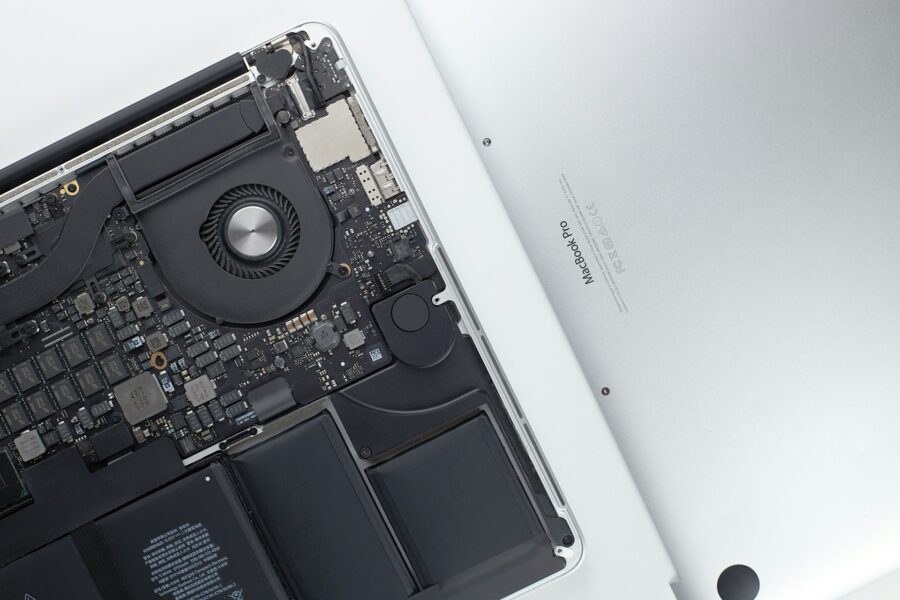A New Beginning: Understanding Gastric Bypass Surgery
Gastric bypass surgery is a life-changing procedure that has gained popularity in recent years as a solution for severe obesity. This surgical intervention involves rerouting the digestive system to reduce the amount of food a person can consume, leading to weight loss. However, like any medical procedure, it comes with its own set of benefits and risks. In this article, we will delve deeper into the world of gastric bypass surgery, exploring what it entails, its potential advantages, and the precautions to take before undergoing the procedure.
What is Gastric Bypass Surgery?
Gastric bypass surgery, also known as Roux-en-Y gastric bypass, is a surgical procedure performed to treat severe obesity. It involves creating a small pouch at the top of the stomach and connecting it directly to the small intestine. By doing so, the surgeon bypasses a large portion of the stomach and the first part of the small intestine, effectively reducing the amount of food the patient can eat and the number of calories absorbed by the body.
During the surgery, the surgeon divides the stomach into two sections, sealing off the upper part from the lower part. The upper section, known as the pouch, is where the food will initially go after the surgery. The lower section, called the remnant stomach, remains intact but is no longer involved in the digestive process. The surgeon then connects the small intestine directly to the pouch, allowing food to bypass the rest of the stomach and the upper portion of the small intestine.
The Benefits and Risks of Gastric Bypass Surgery
Gastric bypass surgery has been proven to be an effective solution for achieving significant and sustained weight loss. Patients who undergo this procedure often experience improvements in obesity-related health conditions such as type 2 diabetes, high blood pressure, and sleep apnea. Additionally, the surgery can lead to a substantial improvement in the patient’s quality of life, as they regain mobility, experience reduced joint pain, and have increased energy levels.
However, it is crucial to be aware of the potential risks and complications associated with gastric bypass surgery. Like any major surgical procedure, there are risks of infection, bleeding, and adverse reactions to anesthesia. Additionally, some patients may experience complications such as leaks from the surgical connections, ulcers, gallstones, or nutritional deficiencies. It is important for individuals considering this surgery to thoroughly discuss the potential risks and benefits with their healthcare provider to make an informed decision.
Preparing for a Successful Gastric Bypass Surgery
Preparing for gastric bypass surgery involves several steps to ensure a successful outcome. Firstly, patients will undergo a thorough evaluation by a healthcare team, including a surgeon, dietitian, and psychologist. This evaluation is essential to determine if the patient is a suitable candidate for the procedure and to address any potential underlying medical or psychological issues.
In the weeks leading up to the surgery, patients will need to follow a specific pre-operative diet to reduce the size of the liver and facilitate the surgical procedure. This typically involves a low-calorie, high-protein diet that helps shrink the liver and reduce the risk of complications during surgery. Additionally, patients will need to quit smoking and avoid certain medications that can increase the risk of bleeding or other complications.
Finally, it is crucial for patients to understand the lifestyle changes and commitments they will need to make after the surgery. This may include following a strict post-operative diet, engaging in regular physical activity, and attending follow-up appointments with healthcare providers. Proper preparation and adherence to these post-operative guidelines are essential for achieving long-term success and maintaining weight loss.
Gastric bypass surgery offers a new beginning for individuals struggling with severe obesity. By understanding the procedure, its benefits, and potential risks, patients can make informed decisions about their healthcare journey. With proper preparation and commitment to post-operative guidelines, gastric bypass surgery can provide a life-changing opportunity to improve overall health and quality of life. If you are considering this surgical intervention, consult with a healthcare professional to determine if it is the right path for you.







